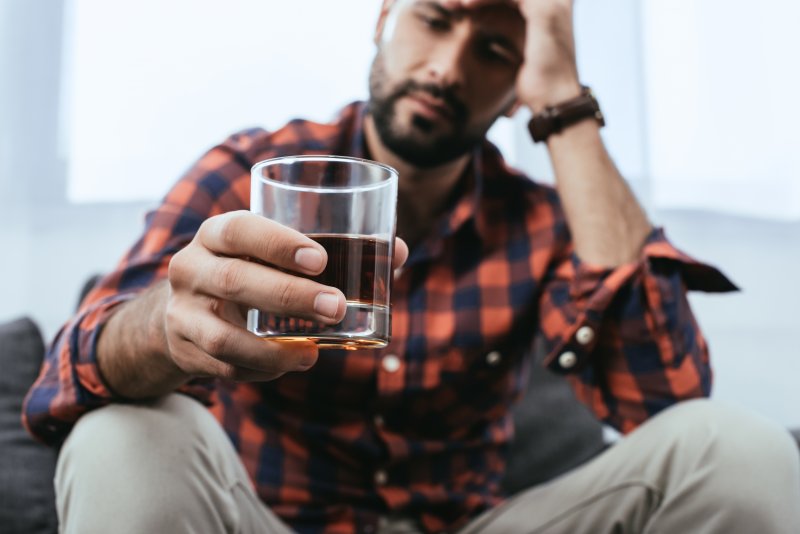
Are you struggling with getting adequate rest at night? While in some cases, you may be able to attribute it to staying up too late, it may be that you are dealing with a more serious condition – sleep apnea. Affecting millions of people in the United States, it can lead to chronic health problems if left untreated. But while waiting to see a professional, you may want to rethink these four lifestyle habits, as they may be factors that make your sleep apnea worse.
Consuming Too Much Alcohol
When enjoying a glass of your favorite spirit, you will find that you become more relaxed. As a result, your tongue and throat will also feel the effects, resulting in an obstruction throughout the night. When your tongue falls back, it blocks your airway, preventing air from flowing freely.
Instead, stay away from drinking any kind of alcohol for several hours before going to bed.
Smoking or Using Tobacco
It’s no surprise that smoking can make your sleep apnea worse simply because it hinders your ability to breathe well anyway.
Because of the inhalation of nicotine that occurs, the smoke can easily irritate your lungs and airway. If it becomes inflamed, you’ll find it much harder to breathe, causing you to struggle throughout the night.
Find ways to give up this harmful habit through cessation resources, nicotine patches, or gum.
Sleeping on Your Back
Although it might be more comfortable to sleep on your back than on your side, it does nothing to improve your sleep apnea symptoms.
When lying on your back, you’ll find that your tongue and soft palate collapse onto your throat, resulting in a blockage. Throughout the night, you may begin to choke or gasp for air, causing you to wake up suddenly.
Try switching to your side to keep your oral structures in place and avoid obstructions while you sleep.
Taking Certain Medications
If you have visited your doctor and received prescription medicines, do not be surprised if they make your sleep apnea worse. It is common for muscle relaxers and painkillers to cause respiratory issues.
While it may not be possible to stop them altogether, it’s recommended that you speak to your physician about alternative methods to minimize pain and avoid spasms so that you can get the sleep you need.
Sleep apnea is a serious issue that should not be avoided. Finding ways to minimize your risks and alleviate symptoms is essential. If you need treatment to breathe better and get adequate rest, don’t hesitate to reach out to a qualified sleep dentist who can help.
About the Author
Do you suffer from sleep apnea? Dr. Shelley Shults is a board-certified registered nurse, general dentist, family nurse practitioner, and dental sleep medicine practitioner who wants to help. Leading a team of professionals at Powell Dental Sleep Solutions, she uses advanced technology and treatments to help patients get the rest they need while embracing life to its fullest. To learn more, contact us at (614) 681-8593.
